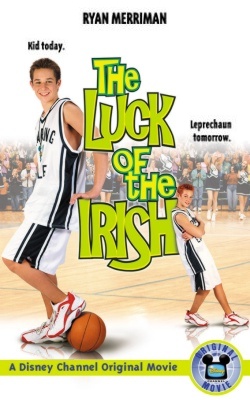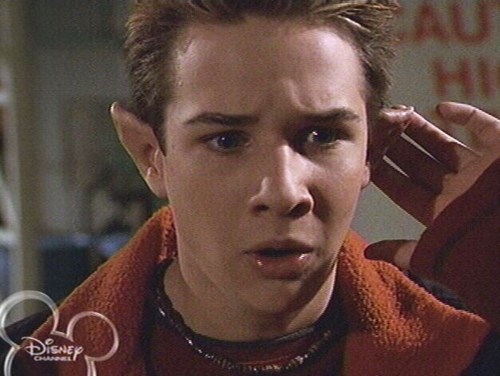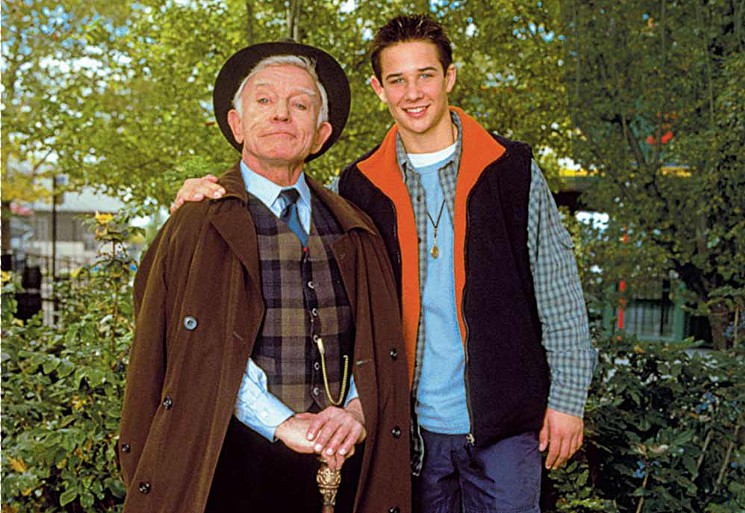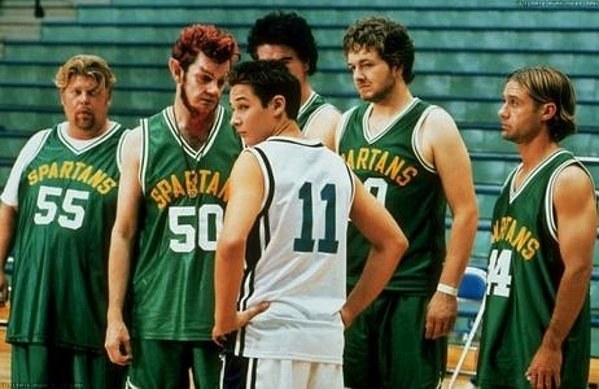By: Sydney Vollmer
 “The luck of the Irish” is a fairly common saying. Most probably think it means the Irish are a people of great luck. Anyone who knows the history of Ireland and its people will be able to tell you that wasn’t always the case. In fact, for most of history, the Irish have been a very unlucky people. When people started immigrating to America, they were met with hatred and stereotypes were quickly formed. The phrase, “the luck of the Irish” was born out of a stereotype. Irish who struck gold during the 19th century rush were said to have found the gold by luck, because no one believed an Irishman could succeed through skill or intelligence (Walsh).
“The luck of the Irish” is a fairly common saying. Most probably think it means the Irish are a people of great luck. Anyone who knows the history of Ireland and its people will be able to tell you that wasn’t always the case. In fact, for most of history, the Irish have been a very unlucky people. When people started immigrating to America, they were met with hatred and stereotypes were quickly formed. The phrase, “the luck of the Irish” was born out of a stereotype. Irish who struck gold during the 19th century rush were said to have found the gold by luck, because no one believed an Irishman could succeed through skill or intelligence (Walsh).
 The phrase became more popular and lost its traditional meaning. Today, many millennials’ first encounter with the phrase may have been through the 2001 Disney Channel Original Movie named after the saying. The story follows Kyle Johnson, a teenage basketball star who has no idea about his own Irish heritage, though he carries a lucky gold coin given to him by his grandfather. The trouble all starts when Kyle has to learn about his family’s heritage for the school’s Heritage Day. His mother, coming from a long line of leprechauns, doesn’t want to tell Kyle he’s Irish (much less that he’s only half human). Determined to get to the bottom of it, Kyle keeps asking and doing research on his own. One day after school, he and his friend stumble upon an Irish festival. There, Kyle can’t help but to dance along to the music, despite not even knowing what step dancing is. In the excitement, he bumps into a strange man, and that’s when all of his luck disappears. Instead of finding money, he loses it. Instead of making game-winning shots, he can’t sink a single basket. Things start to change. His mom cooks distinctly Irish foods. Kyle’s hair starts to turn red. His ears begin to form points. His mom finally breaks down and tells him all about her family’s curse—but as long as he has his lucky gold coin, the family can pass as human. Her reasons for never telling him about his family were for his own protection. She says:
The phrase became more popular and lost its traditional meaning. Today, many millennials’ first encounter with the phrase may have been through the 2001 Disney Channel Original Movie named after the saying. The story follows Kyle Johnson, a teenage basketball star who has no idea about his own Irish heritage, though he carries a lucky gold coin given to him by his grandfather. The trouble all starts when Kyle has to learn about his family’s heritage for the school’s Heritage Day. His mother, coming from a long line of leprechauns, doesn’t want to tell Kyle he’s Irish (much less that he’s only half human). Determined to get to the bottom of it, Kyle keeps asking and doing research on his own. One day after school, he and his friend stumble upon an Irish festival. There, Kyle can’t help but to dance along to the music, despite not even knowing what step dancing is. In the excitement, he bumps into a strange man, and that’s when all of his luck disappears. Instead of finding money, he loses it. Instead of making game-winning shots, he can’t sink a single basket. Things start to change. His mom cooks distinctly Irish foods. Kyle’s hair starts to turn red. His ears begin to form points. His mom finally breaks down and tells him all about her family’s curse—but as long as he has his lucky gold coin, the family can pass as human. Her reasons for never telling him about his family were for his own protection. She says:
I wanted to protect you, Kyle, from the way it was when the Irish first came to America, from the jokes and the dirty jobs nobody else would take, and the signs in the shop windows saying: “No Irish need apply.” I wanted you to be 100% American. (The Luck of the Irish)
 The same sentiment is repeated throughout the movie. His grandfather begins talking about how it was difficult for his family to come to America from Ireland. His mom references the hatred they felt because they were different. Though Kyle never fully understands the pain his ancestors endured, he does learn about the importance of his heritage, and becomes very protective of his family because of it; so much so that he finds the evil Irish fairy who stole his coin and wagers his life’s freedom just to win it back. In the end, he wins the coin back even without his luck, and learns that the coin is powerful, but the luck was inside him all along.
The same sentiment is repeated throughout the movie. His grandfather begins talking about how it was difficult for his family to come to America from Ireland. His mom references the hatred they felt because they were different. Though Kyle never fully understands the pain his ancestors endured, he does learn about the importance of his heritage, and becomes very protective of his family because of it; so much so that he finds the evil Irish fairy who stole his coin and wagers his life’s freedom just to win it back. In the end, he wins the coin back even without his luck, and learns that the coin is powerful, but the luck was inside him all along.
 Certainly, the film means no harm to the Irish, though some may take offense to the perpetuation of certain stereotypes—like the use of red hair, and obsession with potatoes. Though the movie is riddled with subtle Irish humor—like when the mom says Kyle doesn’t need to be playing basketball because he should be hurling, Kyle replies that he’s not feeling sick—the movie serves a greater purpose. It makes use of the stage Irishman, and pokes fun at leprechauns, but ultimately it aims to teach children about Irish history as well as noting the importance of learning about their own heritage.
Certainly, the film means no harm to the Irish, though some may take offense to the perpetuation of certain stereotypes—like the use of red hair, and obsession with potatoes. Though the movie is riddled with subtle Irish humor—like when the mom says Kyle doesn’t need to be playing basketball because he should be hurling, Kyle replies that he’s not feeling sick—the movie serves a greater purpose. It makes use of the stage Irishman, and pokes fun at leprechauns, but ultimately it aims to teach children about Irish history as well as noting the importance of learning about their own heritage.
Sources:
Luck of the Irish. Dir. Paul Hoen. Perf. Ryan Merriman and Henry Gibson. Disney Channel, 2001. TV Movie.
Walsh, Jane. “Where Does the Term “the Luck of the Irish” Come From?” Irish Central. Irish Central LLC, 1 Dec. 2016. Web. 19 Feb. 2017.
